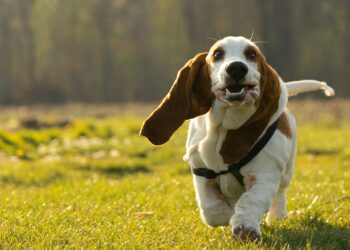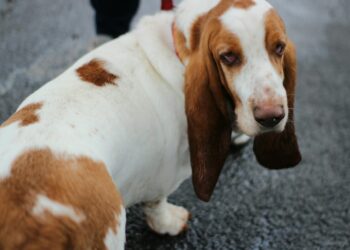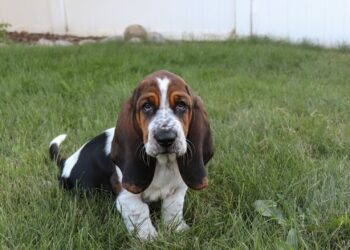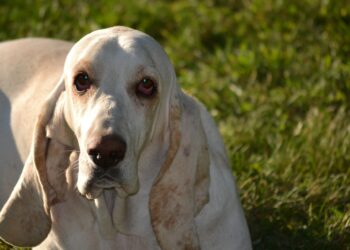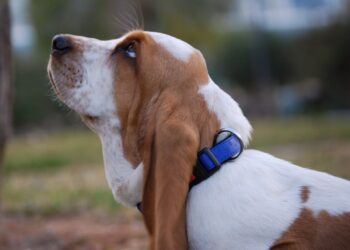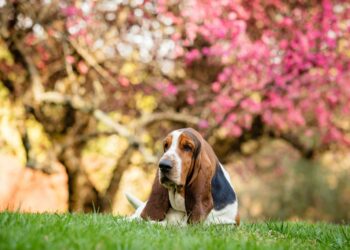Basset Hounds are famously known for their charming droopy ears, soulful eyes, and laid-back nature. They are generally friendly, affectionate, and good-natured dogs. However, like any breed, individual Basset Hounds may display aggressive behavior under certain circumstances. It is essential to understand that aggression in dogs can arise due to various factors, including genetics, socialization, training, and environmental influences.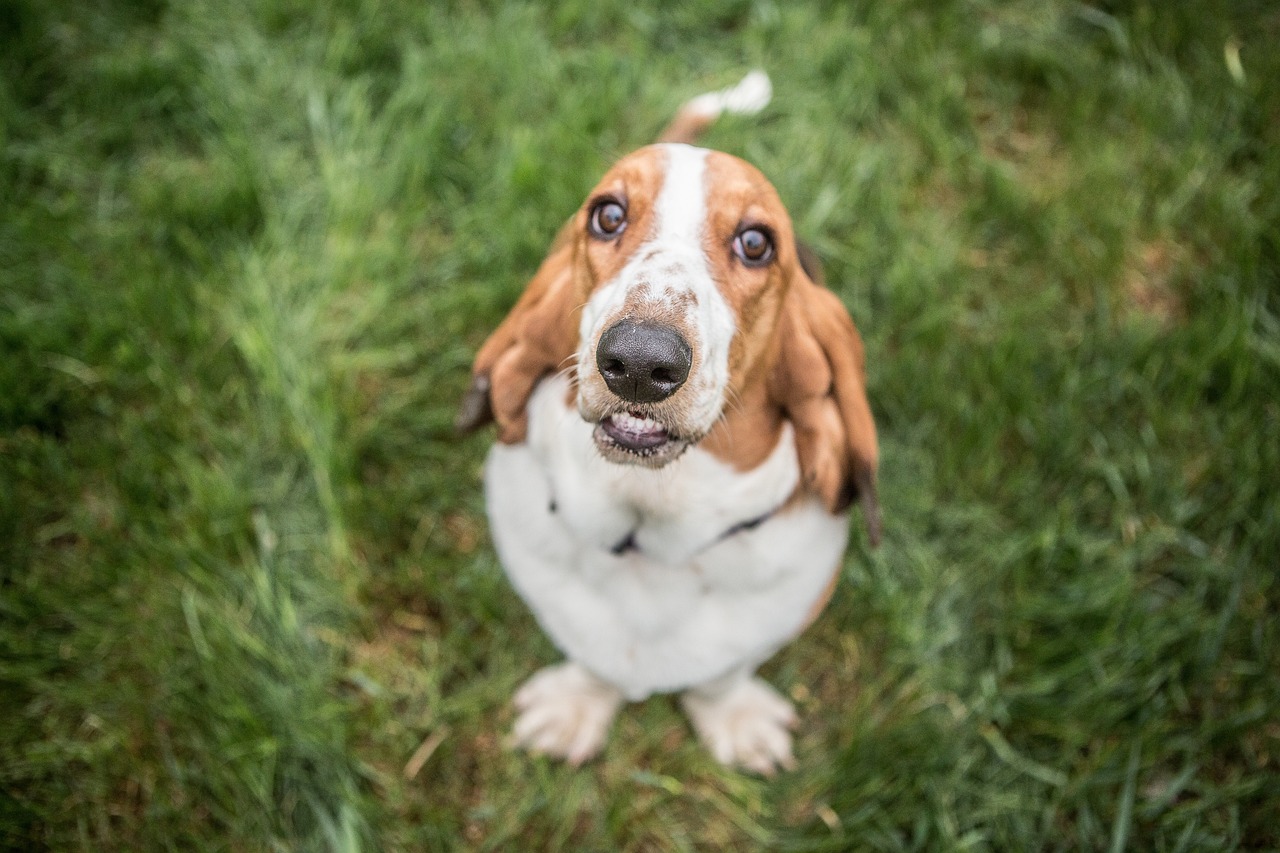
Contents
Understanding Basset Hound Aggression
Basset Hounds, as a breed, tend to be mild-mannered and gentle. They are known for their calm and non-confrontational nature. However, it is not uncommon for them to exhibit signs of aggression if they feel threatened, fearful, or stressed. Aggression in Basset Hounds is generally considered a response to a specific situation and not a personality trait.
It is important to note that aggression can manifest differently in different dogs. In Basset Hounds, aggression is more likely to manifest as defensive growling, snapping, or biting rather than overtly aggressive behavior seen in some other breeds. They may show signs of aggression towards strangers, other dogs, or even family members under certain circumstances.
Common Triggers for Basset Hound Aggression
While Basset Hounds are not inherently aggressive, certain situations can trigger aggressive behavior. Some common triggers include:
Basset Hounds, like any other dog, require proper socialization from a young age. If they are not exposed to a variety of people, animals, and environments during their formative stages, they might develop fear or anxiety, which can lead to aggression in adulthood.
Territorial instincts:
Though generally not possessive or territorial, Basset Hounds can become aggressive if they feel their territory is being invaded or threatened. This can manifest as resource-guarding behavior or protectiveness towards their family members.
Fear and anxiety:
Basset Hounds can become aggressive when they feel frightened or threatened. Fear-based aggression is a common response in dogs and can occur in various situations, such as encountering unfamiliar people or animals, loud noises, or being in unfamiliar environments.
Pain or illness:
Like any living being, Basset Hounds may become defensively aggressive if they are in pain or suffering from an underlying medical condition. It is essential to rule out any potential health issues if you notice sudden changes in your dog’s behavior.
Addressing Basset Hound Aggression
If you observe signs of aggression in your Basset Hound, it is crucial to address them promptly and seek professional help if needed. Here are some key steps for managing and reducing aggression:
Ensure your Basset Hound receives adequate socialization from a young age. Introduce them to various people, animals, and environments in a positive and controlled manner to build their confidence and reduce anxieties.
Positive reinforcement training:
Use positive reinforcement techniques to train your Basset Hound. Rewarding good behavior with treats, praise, and play can help establish a strong bond and reduce the likelihood of aggressive responses.
Consistent boundaries:
Establish consistent rules, boundaries, and routines for your Basset Hound. This provides them with a sense of security and predictability, which can help reduce anxiety and potential aggression.
Seek professional help:
If your Basset Hound displays aggression that concerns you, do not hesitate to seek guidance from a professional dog trainer or behaviorist. They can assess your dog’s behavior, identify the underlying triggers, and provide targeted advice to address the aggression effectively.
Frequently Asked Questions (FAQs)
Q: Are Basset Hounds naturally aggressive?
A: No, Basset Hounds are not naturally aggressive. They are generally docile, friendly, and good-natured dogs. However, aggression can occur in individual Basset Hounds under certain circumstances.
Q: Are Basset Hounds good with children?
A: Yes, Basset Hounds are usually great with children. They often display patience and gentleness towards little ones. However, it is important to supervise interactions between dogs and children to ensure the safety and well-being of both.
Q: Can Basset Hounds be aggressive towards other dogs?
A: Basset Hounds can display aggression toward other dogs, particularly if they feel threatened, uncomfortable, or have not been properly socialized. Early socialization and controlled introductions can help reduce these tendencies.
Q: How can I prevent aggression in my Basset Hound?
A: Preventing aggression involves early socialization, positive reinforcement training, consistent boundaries, and seeking professional help if needed. Regular vet check-ups and ensuring the overall well-being of your Basset Hound are also important.
Q: Can an aggressive Basset Hound be rehabilitated?
A: In most cases, aggressive behavior in Basset Hounds can be managed and reduced with proper training, socialization, and behavior modification techniques. However, it is crucial to work with a professional to assess the underlying causes and develop an appropriate rehabilitation plan.



